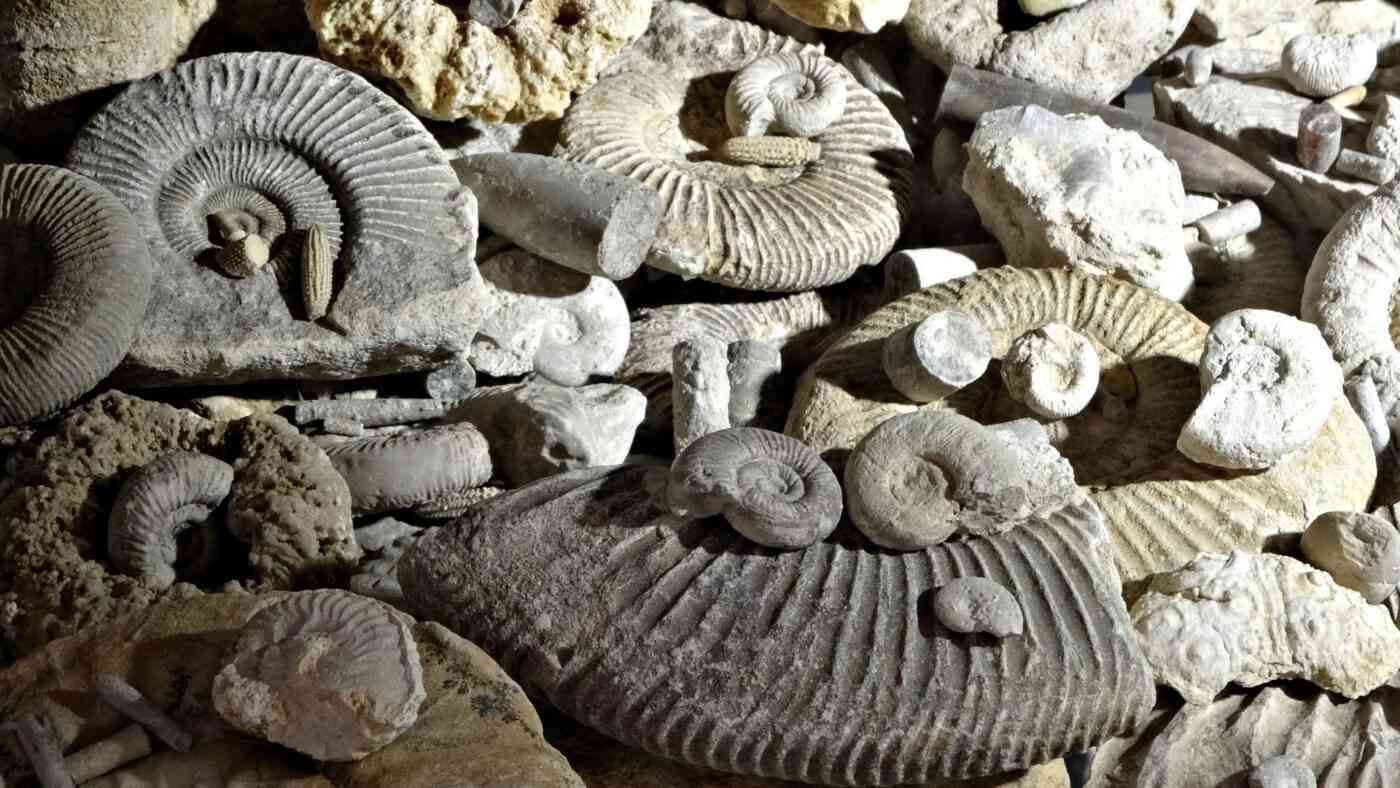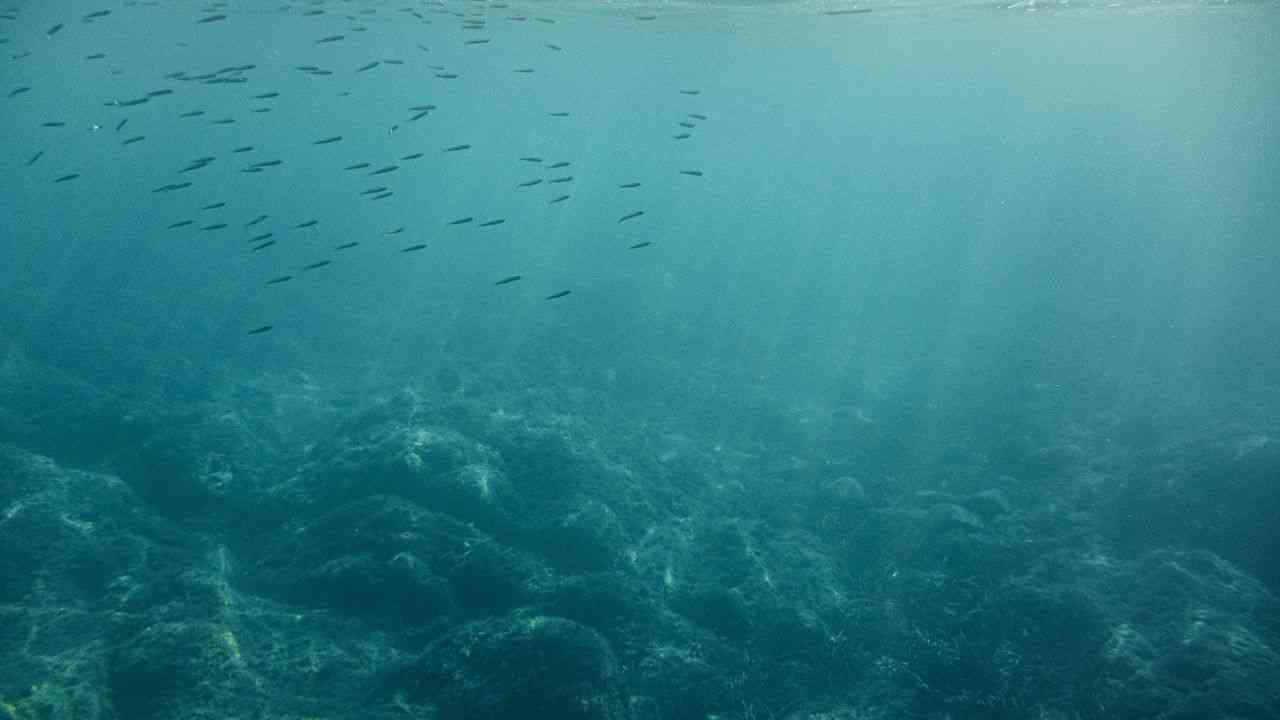Science
How Did Life Rebound on Earth? The Answer Lies Within the Rocks
23 February 2026

A vast reservoir of liquid water might be hidden beneath Mars' surface. Evidence from NASA's InSight mission suggests a layer of water-saturated rock up to eight kilometers deep. This breakthrough could revolutionize our view of life in the universe.
At first glance, Mars appears to be a cold, barren desert. However, traces of a former aquatic landscape are still visible on its surface: riverbeds, vast deltas, and dried-up lakes. Billions of years ago, the planet had a much denser atmosphere and conditions favorable for the existence of an ocean on Mars.
Then, the planet began to change. Its magnetic field faded, the atmosphere thinned, and surface water started to disappear. Some escaped into space, some froze into polar caps, and some became trapped in Martian rocks and minerals. But something didn’t add up.
Scientific models indicated that Mars should have significantly more water than we can currently detect. According to calculations, the missing volume could form an ocean on Mars with a depth of at least 700 meters.
Recommended: We Need to Change our Approach to Saving Water
Mars is an extremely inhospitable environment for humans. The average temperature is -63°C, and at night it can drop below -100°C. The atmosphere is very thin, consisting mainly of carbon dioxide and virtually no oxygen. The pressure is so low that a human wouldn’t survive a moment without a space suit. The lack of a magnetic field and a thin atmosphere mean Mars’ surface is bombarded by cosmic and solar radiation. Long-term stays would require protection, for example, underground or in special shelters.

Gravity is only 38% of Earth’s, which over time can lead to muscle atrophy and bone mass loss. Martian dust is toxic, fine, and dangerous for both humans and equipment.
For humans to survive on Mars, water will, of course, be essential. So far, none of the numerous Martian missions have discovered satisfactory quantities of it. Water does exist on Mars, though not in the form of lakes or rivers visible on the surface. Evidence indicates the presence of water in various forms: as ice in polar caps, water vapor in the atmosphere, and liquid water deep beneath the planet’s surface. This latter source caught the attention of an international team of scientists (Australian, Chinese, and Italian).
The solution to the puzzle may lie deep beneath the surface. In 2018, NASA sent the InSight lander to Mars, which used a seismometer to detect tremors within the planet. In 2021 and 2022, the vehicle registered Marsquakes and two meteorite impacts. These events acted as natural “probes,” sending out seismic waves that reflected off different layers of the planet. Scientists focused on analyzing shear waves, which slowed down significantly at depths of 5.4–8 kilometers.
“Such behavior suggests the presence of a very porous rock layer saturated with liquid water, similar to Earth’s aquifers,” explains Professor Hrvoje Tkalčić from the Australian National University, co-author of the study, in an article for The Conversation.
Scientists calculated that this “aquifer” could hold an enormous amount of water – enough to create an ocean on Mars with a depth ranging from 520 to 780 meters. Interestingly, this volume is very close to the “missing” water from ancient epochs that could not be located until now. The obvious question arises: where did it come from?
One hypothesis suggests that water was pushed deep into the planet during a period of intense meteorite bombardment, which could have created cracks and fissures in the crust. In the planet’s depths, temperatures are higher, allowing water to remain liquid even if its surface is frozen. In this way, the planet could have created a natural reservoir that is invisible from orbit. This story has one potentially crucial element.
Water is a fundamental component of life as we know it. On Earth, microorganisms live even deep underground in water-saturated rocks. Do similar conditions also exist beneath the surface of Mars?
“It’s very possible. If water remained there for billions of years, perhaps traces of ancient Martian ecosystems have been preserved within it” believes Professor Tkalčić.
But it’s not just a matter of biology. If humans ever land on Mars, access to water will be fundamental. Once purified, it could serve as drinking water, a source of oxygen, or a component of rocket fuel. Drilling deep wells will be difficult, but technology is constantly evolving. It’s possible that an ocean on Mars will one day become a source of life. Literally and figuratively.
For now, we only have data from one location, near the Martian equator. To understand how extensive these underground reservoirs are, more missions with seismometers are needed. Only then will it be possible to map the planet’s aquifers. In the future, specialized rovers could conduct drills and analyze the chemical composition of these layers. It will also be crucial to protect these areas from accidental contamination by terrestrial bacteria.
If an ocean on Mars truly exists, it could prove to be the greatest cosmic discovery of the 21st century.
Read more: Dark Side of the Moon: NASA Reveals Surprising Lunar Asymmetry
Read this article in Polish: Pod powierzchnią Marsa może być woda? Przełomowe dane sondy NASA

Science
22 February 2026

Humanism
22 February 2026

Zmień tryb na ciemny